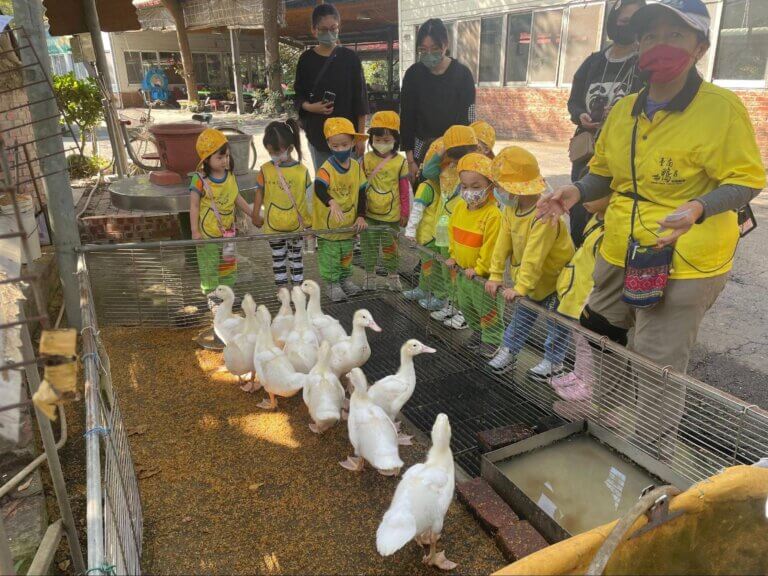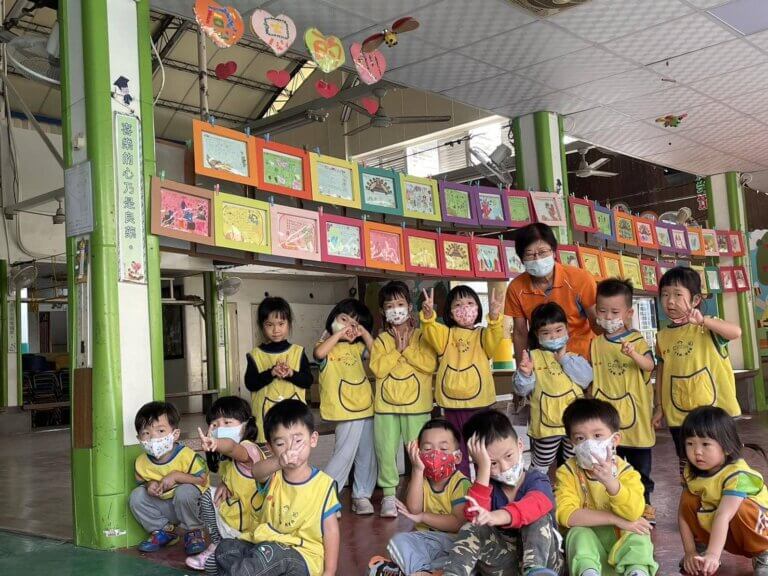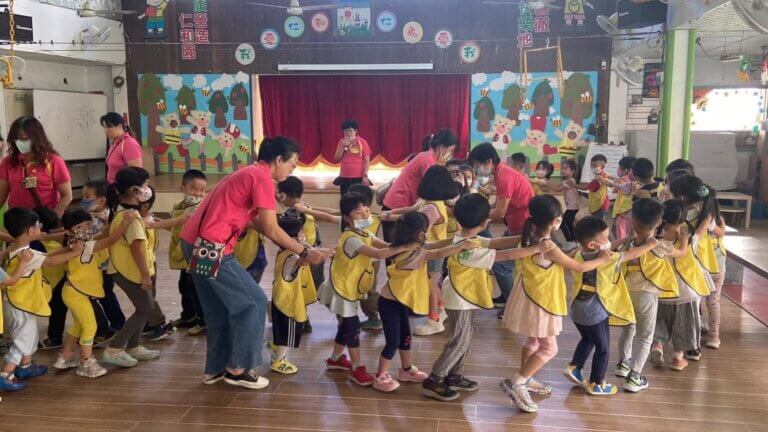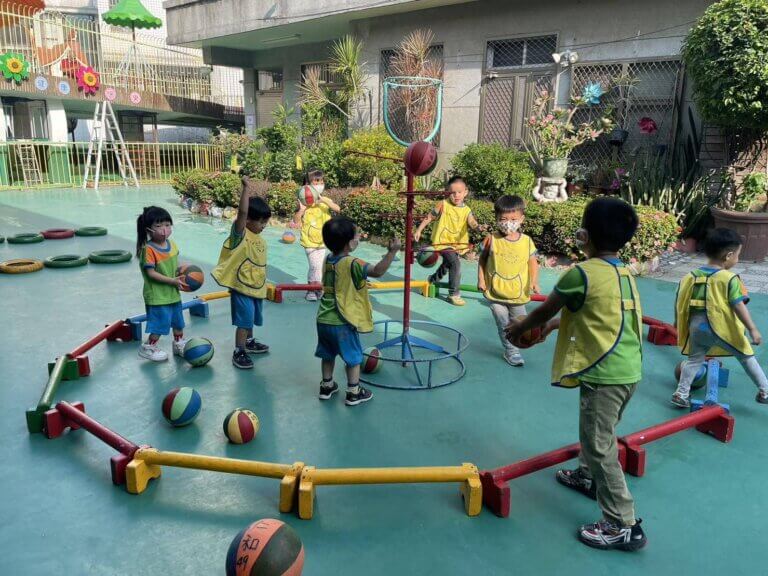
The Nature of Early Childhood Education
A few days ago, my teacher sent me some happy news. A fifth-grade alumnus of the National Elementary School, who is currently involved in academic research on insects, published a paper that was published in an international research journal, alongside PhD students, which is such an honor, and we are already proud of it, let alone our parents and family members. Speaking of thesis, this is a report that only masters and doctors or professors can publish when they are promoted to the next level and doing research, but a fifth-grade elementary school student is capable of doing this!




